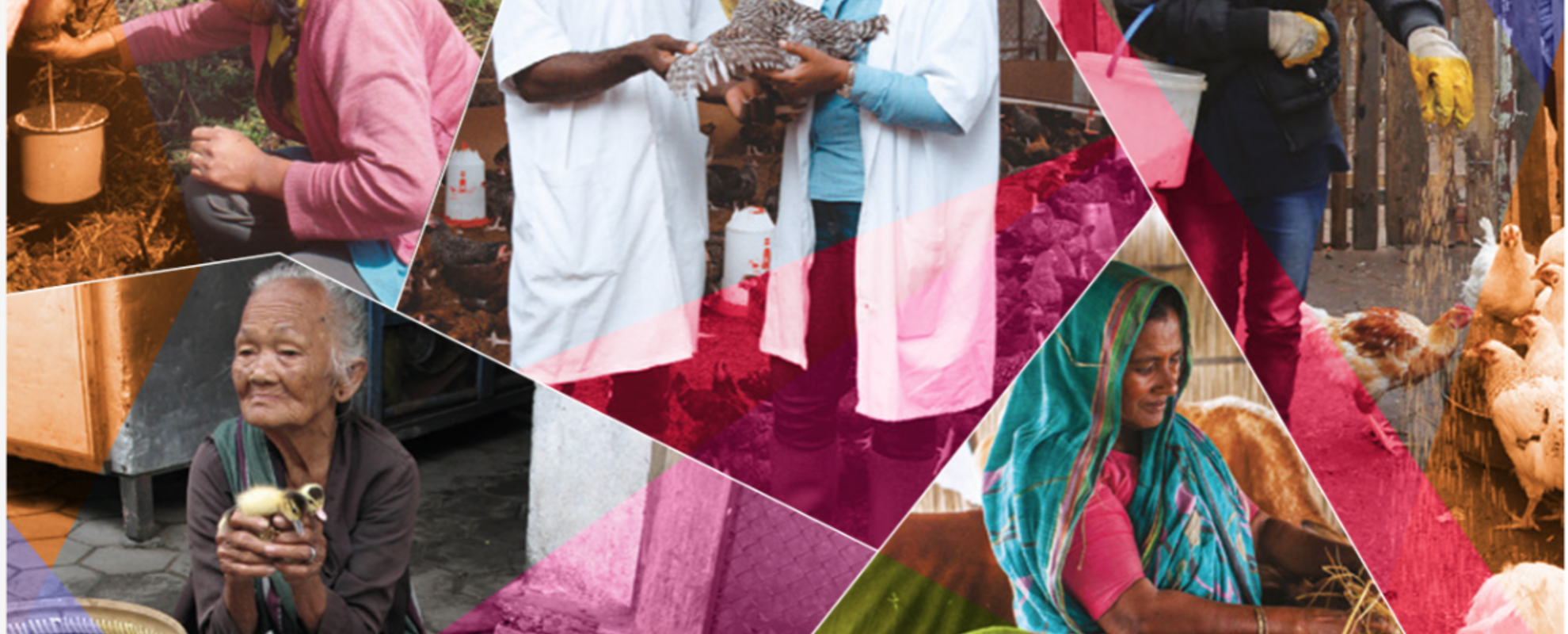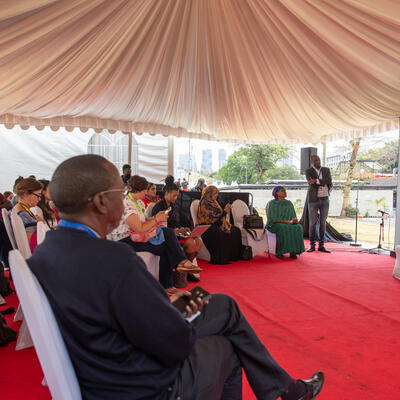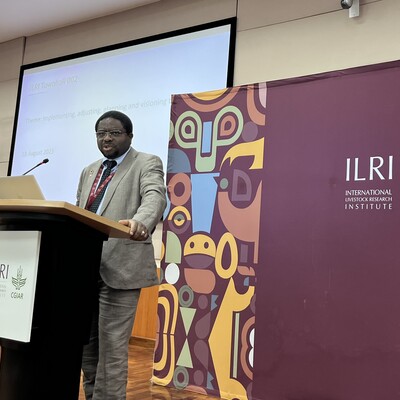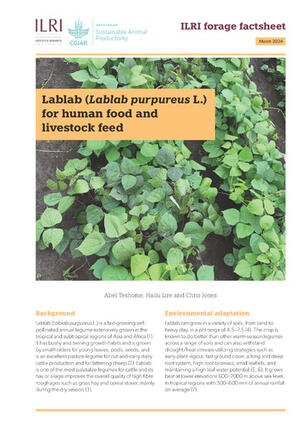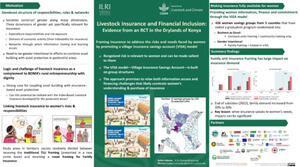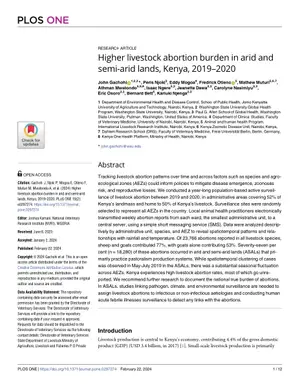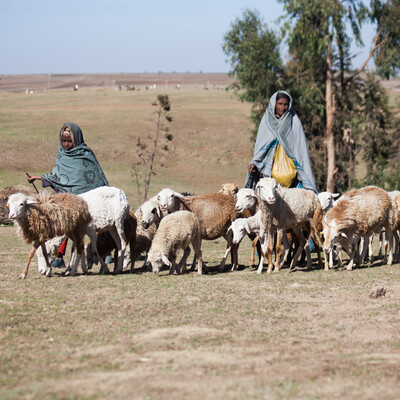
Contributing to a world free from hunger, malnutrition, poverty and inequality: Framework for gender-responsive livestock development launches at the Climate and Clean Air Conference
‘Empowered women boost livestock development, and livestock development can also support gender equality and women’s empowerment.’ This core message formed the basis of the Framework for Gender-Responsive Livestock Development, launched on 22 February 2024 at the Climate and Clean Air Conference (CCAC) in Nairobi, Kenya.
The framework serves as a roadmap for ensuring inclusivity and gender equality in and through investment in livestock offering recommendations to aid countries and livestock specialists in planning and implementing gender-responsive policies and investments in the livestock sector.
During the launch event, it was noted that overcoming the gender gap in farm productivity and the wage gap in agrifood-system employment could reduce the number of food insecure people by 45 million. Developed collaboratively by the International Livestock Research Institute (ILRI), the Food and Agriculture Organization of the United Nations (FAO), the International Fund for Agricultural Development (IFAD) and the World Bank, the framework addresses the significant gender disparities in livestock systems.
‘Livestock plays a crucial role in supporting the livelihoods of rural communities, particularly women, who face greater challenges due to climate change impacts,’ said Alessandra Galie, ILRI’s Gender Team leader and one of the lead authors of the framework.
She emphasized the need to intentionally empower women and girls within livestock systems and with a gender lens, to strengthen women’s livelihoods, urging for policies, research and development that respond to gendered needs.
The framework aims to achieve gender equality through livestock development to combat hunger, malnutrition, poverty and inequality. It outlines three avenues to achieve this: livestock research, policymaking and development projects. Recommendations include improving the quality and quantity of sex-disaggregated data and evidence; ensuring that both gender analysis and assessment of gender impacts support all livestock-related policymaking; ensuring that One Health investments are gender-responsive; and providing institutional and programmatic support for gender analysis and gender-responsive interventions.
Strategies for expanding the implementation of the Global Methane Pledge, Clean Air Flagship and Kigali Amendment, with a specific focus on integrating gender consideration into these efforts, were highlighted during the event.
The event concluded with the statement, ‘We need livestock interventions that intentionally support the empowerment of women, address structural gender-based disadvantages and create a conducive policy environment because women and girl’s empowerment and gender equality are necessary to create inclusive, sustainable and resilient livelihoods for everyone.’
The framework was supported by the International Livestock Research Institute, the CGIAR Research Initiative on Livestock and Climate and the CGIAR Research Initiative on Sustainable Animal Productivity.
Header photo: The framework highlights how gender equality can be achieved through livestock development. Photo by ILRI.





